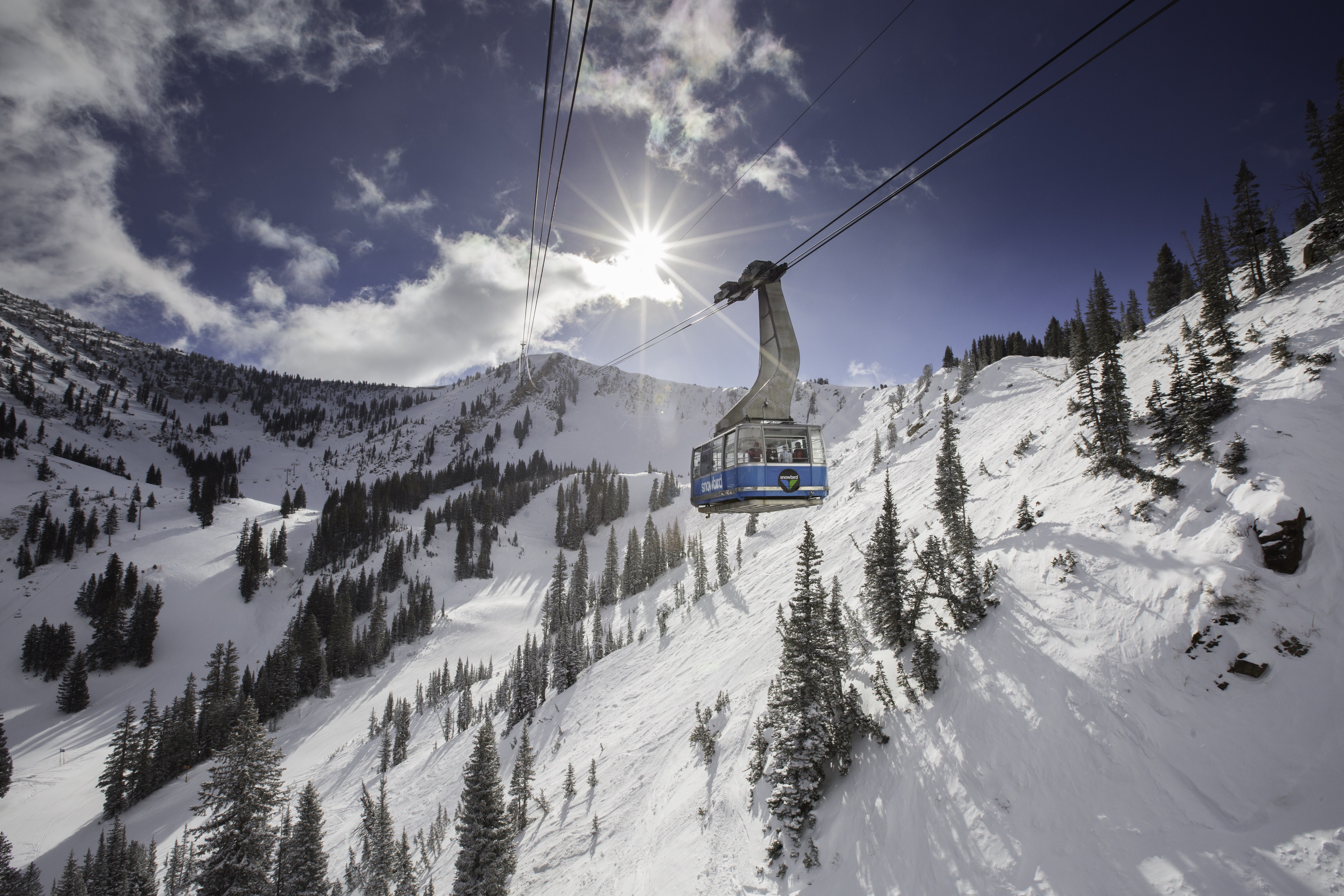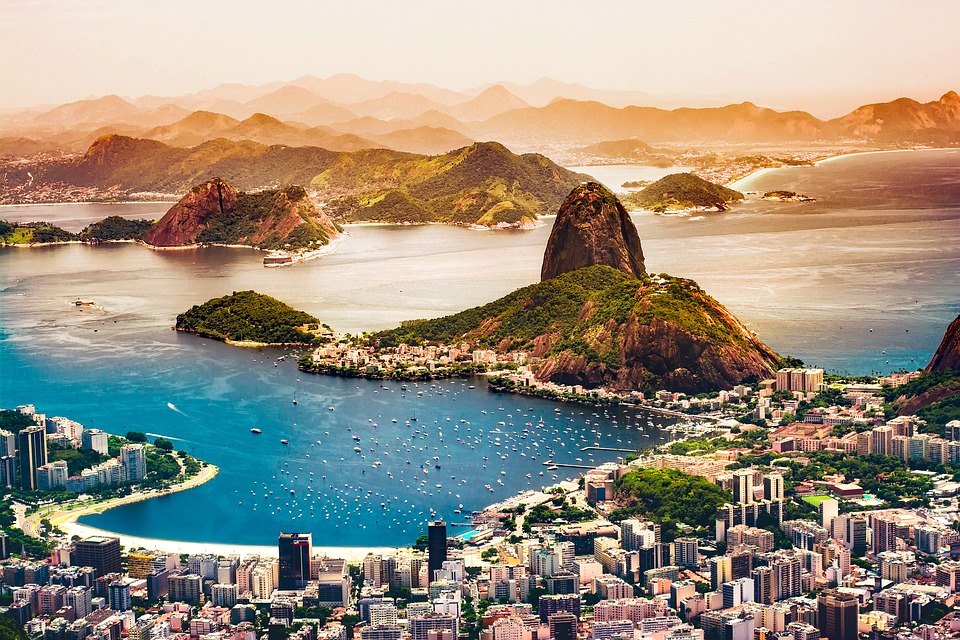(RADAR 2020) 2020 IEEE International Radar Conferences
April 27-May 1, 2020
Location: Changed to -- Virtual Conference

April 27-May 1, 2020
Location: Changed to -- Virtual Conference

March 24-27, 2020
Location: Changed to--Virtual Conference

July 6-10, 2020
Location: Changed to -- Virtual Conference

July 11-14, 2021
NOTE: Location changed to--Virtual Conference
(Formelry, Rio de Janeiro, Brazil)
Outdoor scenes are often affected by fog, haze, rain, and smog. Poor visibility in the atmosphere is due to suspended particles. This challenge is meant to consolidate research efforts about single image recovering in adverse weather, especially hazy and rainy days. The challenge consists of two tracks: Hazy Image Recovering (HIR) and Rainy Image Recovering (RIR). In both tracks the researchers are required to recover sharp images from give degraded (hazy and rainy) inputs.
The aim of this challenge is to solicit original contributions addressing restoration of mobile videos that will help improve the quality of experience of video viewers and advance the state-of-the-art in video restoration. Although quality degradation of videos occurs in various phases (e.g., capturing, encoding, storage, transmitting, etc.), we simplify the problem in this challenge as a post-processing problem.
To effectively prevent dengue fever outbreak, cleaning up the breeding sites of the mosquitos is essential. This proposal provides labeled data for the various types of containers, and aims to build an object detection model for possible breeding sites. This way the inspectors can pinpoint the containers which hold stagnant water by digital camera images or live video, and thus improve the effectiveness of inspection and breeding site elimination.
This Challenge solicits contributions that demonstrate efficient algorithms for point cloud compression. Moreover, new rendering schemes, evaluation methodologies, as well as publicly accessible point cloud content are encouraged to be submitted, in addition to the proposed compression solutions.
Recent years have witnessed the great progress of the perception task such as image classification, object detection and pixel-wise semantic/instance segmentation. It is the right time to go one step further to infer the relations between the objects. Increasingly more efforts are devoted to relation prediction, such as the Visual Genome and Google Open Image challenge. There are mainly two differences between existing relation prediction works and PIC challenge.
Face recognition in static images and video sequences captured in unconstrained recording conditions is one of the most widely studied topics in computer vision due to its extensive applications in surveillance, law enforcement, bio-metrics, marketing, and so forth. Recently, methodologies that achieve good performance have been presented in top-tier computer vision conferences (e.g., ICCV, CVPR, ECCV etc.) and great progress has been achieved in face recognition with deep learning-based methods.